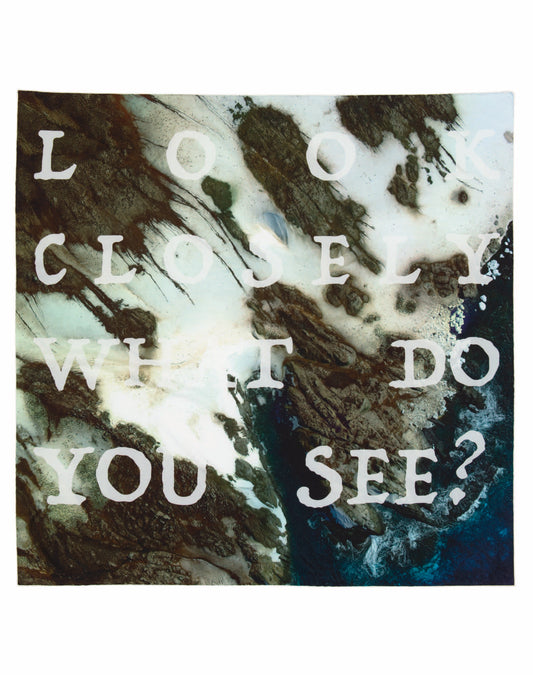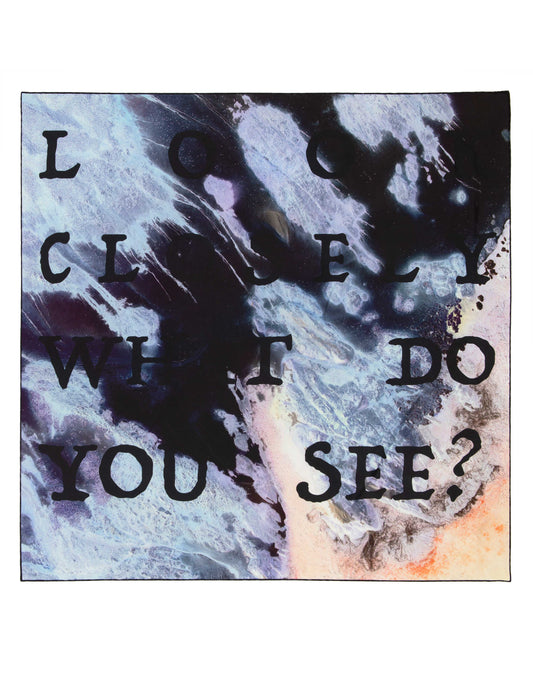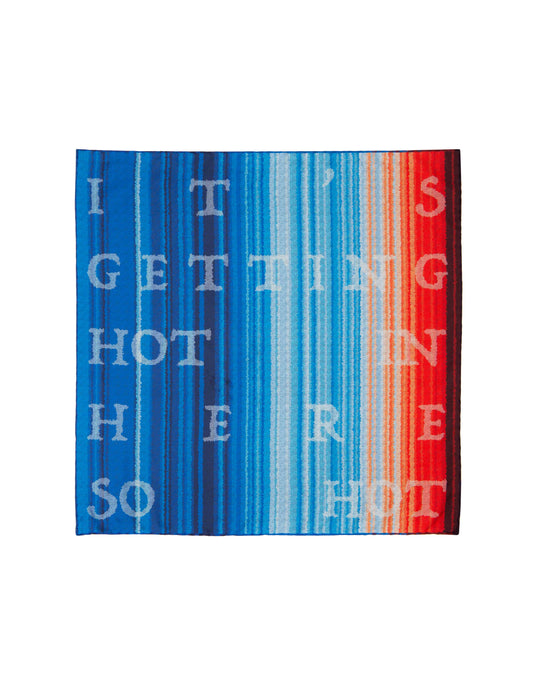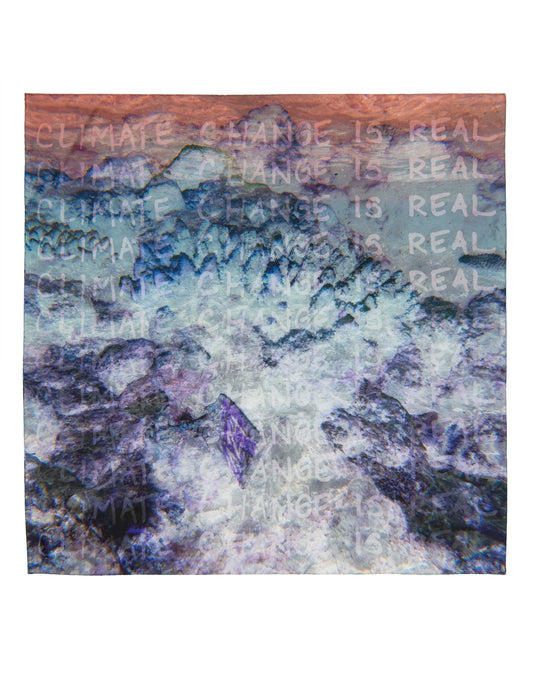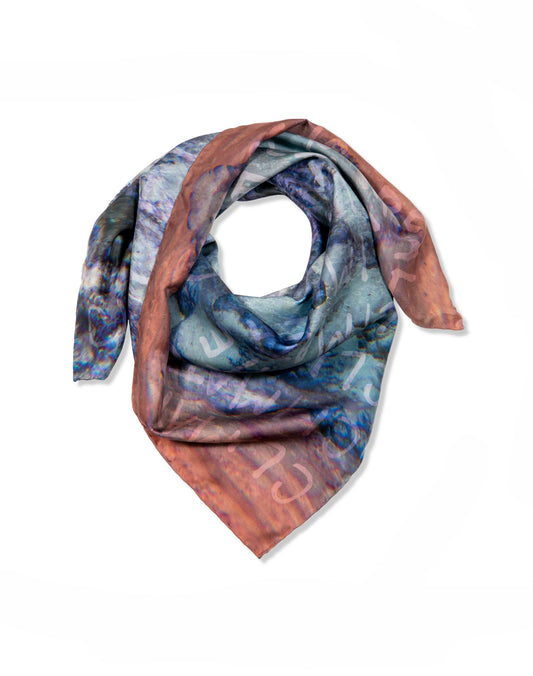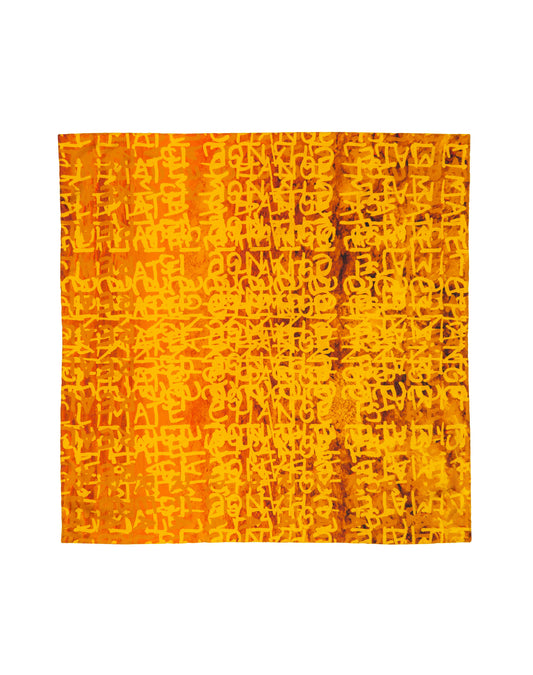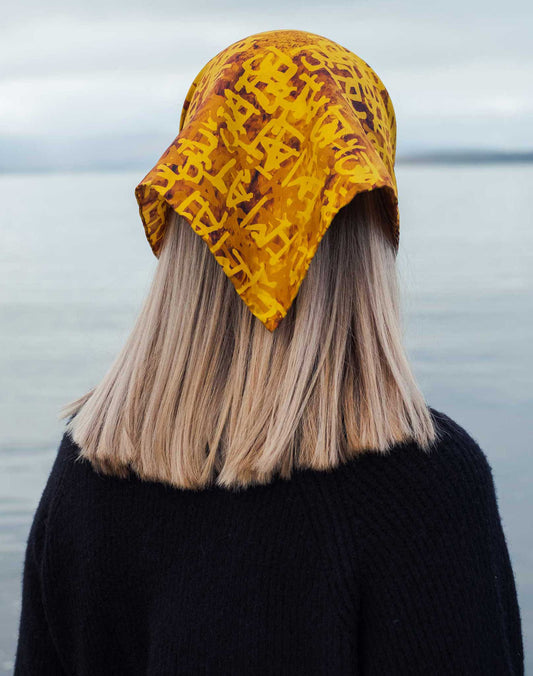This is the story behind the Gachon Collection. Algae, or seaweed, play a vital role in marine ecology, providing shelter and food for marine life, think kelp forests, and also in human life, both as a source of food and animal feed. Seaweed is currently being cultivated on a test site off the Isle of Kerrera, Scotland for a multitude of uses including food, fertiliser and cosmetics. We are yet to identify how cultivated seaweed will interact with native populations. Therefore, understanding algae – what makes them thrive and what makes them vulnerable to disease-causing pathogens and parasites – are an increasingly important area of scientific research.
Many varieties of brown algae thrive in cold, tidal environments, which are in plentiful supply in Scottish waters. One alga called Ectocarpus, a tiny brown seaweed, is known to sailors for sticking to hulls and slowing boats down, but is proving successful in the seaweed aquaculture industry as a potential animal feed source. It has been well studied scientifically as part of developing fouling prevention methods and its genome has been fully sequenced. Eurychasma, a pathogen, is less well-studied but equally important. It is a fungal-like organism called an oomycete that can infect virtually every kind of brown algae and is widespread in coastal environments.

With sophisticated microscopy techniques, we are able to watch the warfare between algal cells and attacking pathogens. The battle begins with a Eurychasma spore injecting material directly into a cell of the algae, and as the cell fills with the pathogen, it swells. This is known as a sporangium, which then breaks off and begins releasing many new spores, called zoospores or swarmers that will go on to kill further algal cells. However, this doesn’t always happen. Some algae successfully resist Eurychasma infection by simply letting the infected cell die, preventing new spores from growing and stopping the cycle.

To understand why this happens, Dr Claire Gachon from the Scottish Association for Marine Science (SAMS) looked closely at the Ectocarpus genome and identified potential pathogen receptors that could play a part. At this point her research took a somewhat unexpected but interesting turn. The receptors she studied had similar traits of pathogen recognition systems in plants and animals. It was previously thought that most algae possess an innate immune system that’s unable to adapt to new threats. However, Claire now theorises that this particular brown algae may instead have a highly dynamic immune system more like our own. She thinks algae like Ectocarpus may be able to learn from their interaction with enemies like Eurychasma, develop successful immune responses, and survive. This may be a rare window into how our own immune systems evolved.
As human population increases, more of us will rely on algae for food directly, and indirectly via animal feed. Claire’s regular interactions with environmental agencies and the growing aquaculture industry keep her work in the lab intrinsically tied to the world we live in.
The Gachon Collection was inspired by science from The Scottish Association for Marine Science (SAMS).
We collaborated with Dr Claire Gachon from SAMS.
SAMS is Scotland’s largest and oldest independent marine science organisation, dedicated to delivering marine science for a healthy and sustainable marine environment through research, education and engagement with society.

The development of the collection was kindly supported by NERC.
NERC – the Natural Environment Research Council – is the leading funder of independent research, training and innovation in environmental science in the UK.
"We invest public money in world-leading science, designed to help us sustain and benefit from our natural resources, predict and respond to natural hazards and understand environmental change. We work closely with policymakers and industry to make sure our knowledge can support sustainable economic growth and wellbeing in the UK and around the world. We are supported mainly by the Department for Business, Energy & Industrial Strategy (BEIS), but our activities and funding decisions are independent of government." - NERC





